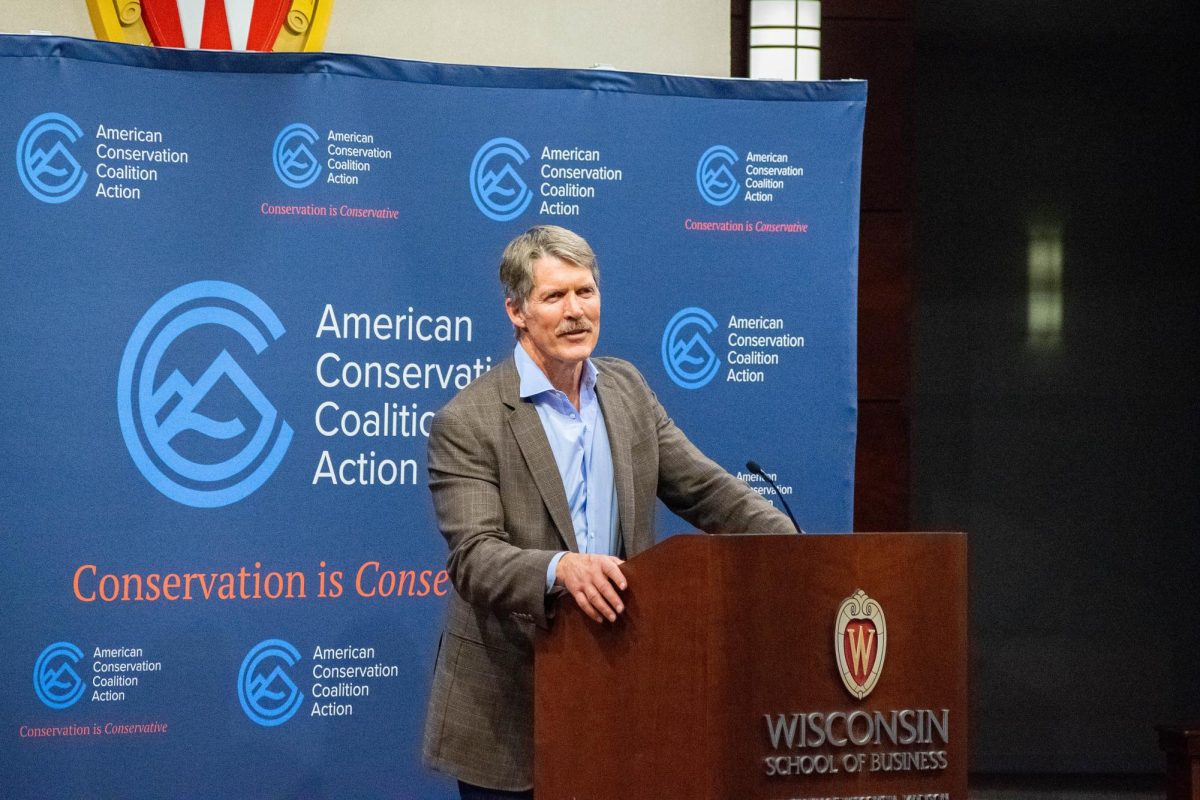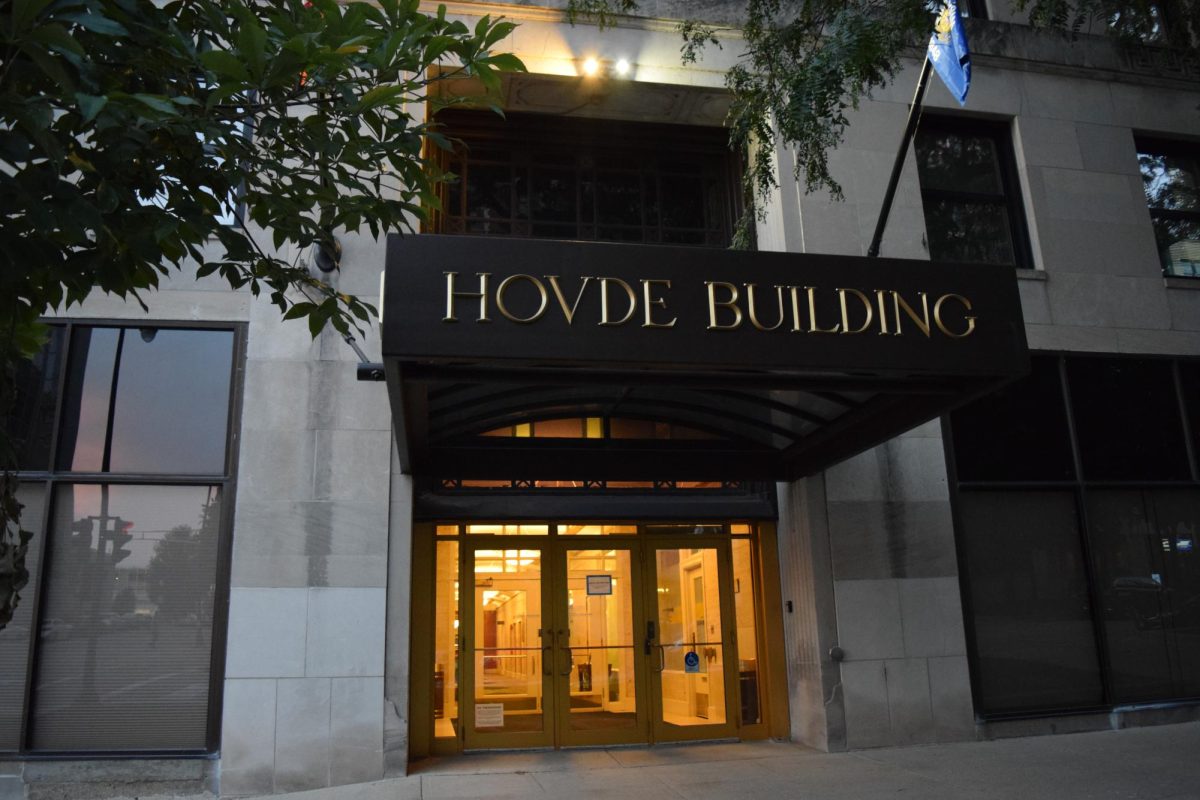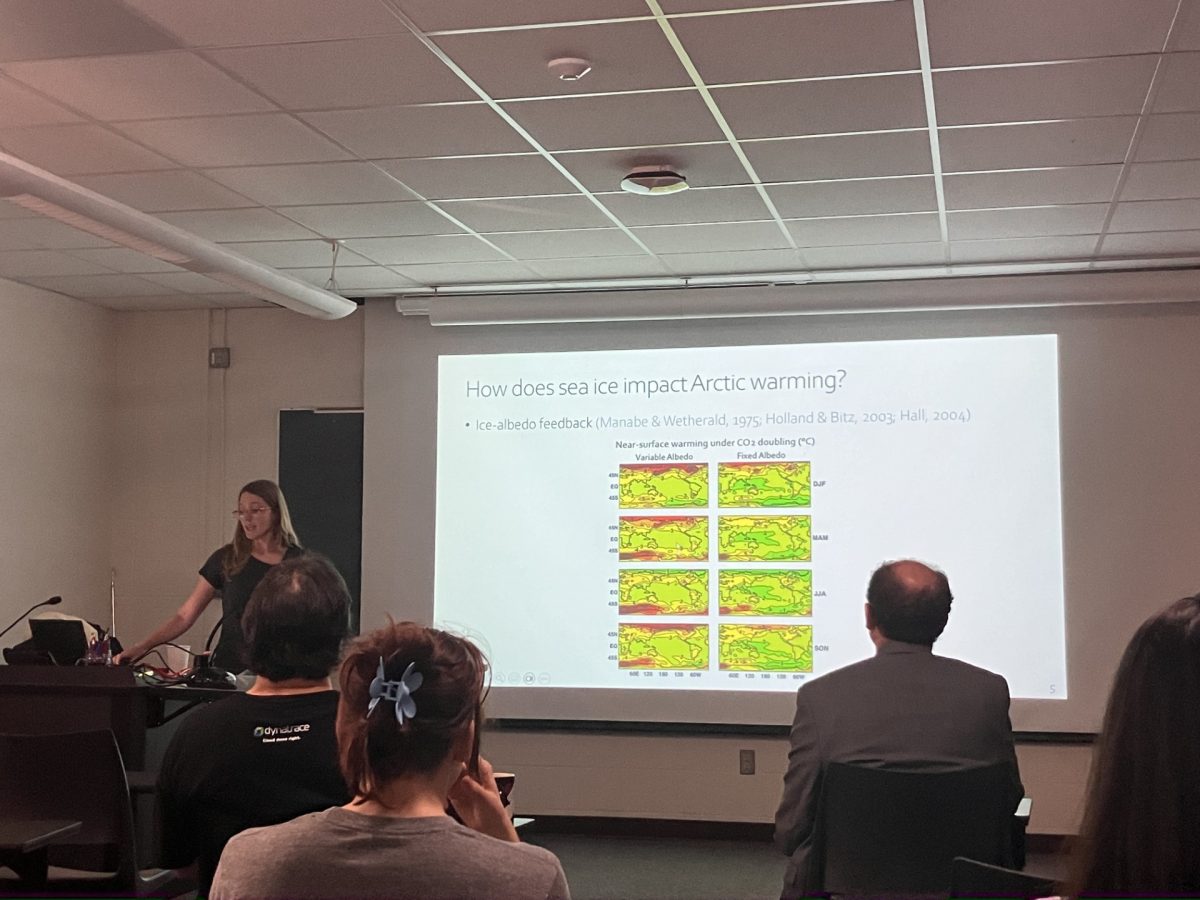The Wisconsin state Senate Committee on Higher Education and Tourism listened to pleas from both supporters and objectors Wednesday of a bill passed by the state Assembly that could deny drug dealers state-sponsored financial aid for higher education.
The bill, AB 342, says a student who has been convicted of possessing, with intent to manufacture or distribute, or of manufacturing, distributing or delivering a controlled substance is ineligible for state financial aid. A current federal law restricting financial aid to drug offenders targets both crimes involving drug dealing and drug possession.
Connie Hutchison, executive secretary of the Higher Educational Aids Board, spoke in favor of the proposed law standing as is.
“I’m not in favor of making the law more stringent,” Hutchison said in an interview, explaining that many state-aid programs use the national guidelines and restrictions currently for financial-aid grants. “[People] say this is the kinder, gentler version of the national law.”
Though many state grants use the same guidelines as national financial aid, some do not.
The bill also allows a “second chance” for drug offenders, giving eligibility status to convicted persons if they complete a full rehabilitation program or wait two years without any other drug convictions. The proposed law also allows the government to randomly test the offenders twice for controlled substances.
Hutchison said she believes this law will clarify the confusion created by the national rejection of both users and dealers of drugs.
“There’s no way for us to (currently) determine from possessing or selling,” and this law will provide a way for that to be cleared up, Hutchison said.
However, during the public hearing of the bill, members of the United Council of University of Wisconsin Students said the bill does not fulfill financial aid’s original purpose.
“Up to this point, we have had need-based financial aid,” the representative said. He also said, thus far, approximately 95,000 applicants were denied funding under national financial-aid programs due to the drug-offender provision, and considered this “alarming.” He continued on to say that he believes if fines and jail time were not substantial enough disincentives, then restricting financial aid from small-time drug dealers would not “be a meaningful deterrent for people to deal drugs.”
This statement, Committee Chairperson Sen. Sheila Harsdorf, R-River Falls, acknowledged, but noted to the United Council members that it is the “question [of] … where the taxpayers’ money is going.”
Another speaker against the proposed bill stated that convicted drug dealers had “already been punished by the law and should not be punished a second time.”
AB 342 must pass through the Committee on Higher Education and Tourism before the Senate hears the introduction or debates the bill, and, if passed, would go to Governor Doyle’s desk for either veto or rubberstamping. Sen. Robert Cowles, R-Green Bay, and Sen. Dale Schultz, R-Richland Center, two of the members on the committee, co-sponsored the bill. Passage through the committee is pending on a subsequent meeting, which has yet to be determined.







